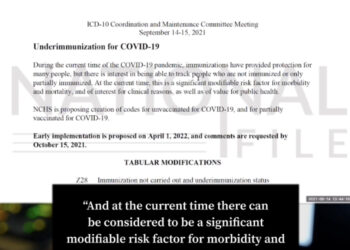Last Updated on June 18, 2020
Romania has passed a law banning gender studies and educational institutions from promoting gender identities divorced from biological sex, joining the ranks of Central European countries Hungary and Poland to require a more traditional approach to gender theory.
On Tuesday, Romanian lawmakers passed an amendment to an education law banning educational institutions from “activities propagating theories and opinions on gender identity according to which gender is a separate concept from biological sex,” according to The Swaddle.
The decision elicited widespread condemnation from a variety of activist organizations, with some professors openly intending to defy the law. The amendment was passed without any debate or consultation with teachers or educators.
University of Bucharest Minorities and Equity teacher Gelu Duminica wrote in a Facebook post: “I really don’t plan on stopping [gender studies] for the simple reason that if I did I wouldn’t do my duty anymore. Because my role is to guide my students to understand man’s behavior in society. And people are diverse.”
In a statement, The University of Bucharest said:
“[The amendment] contradicts some fundamental rights guaranteed by the Romanian Constitution and the international conventions to which Romania is a party: freedom of thought and conscience, freedom of opinion and university autonomy. The text of the law has no scientific basis and is a blatant example of interference in education and free expression.”
https://twitter.com/visegrad24/status/1273552317791514624
Those against the amendment argued that the country was being sent back to the “Middle Ages.”
Activists have warned that the amendment could lead to a spike of bullying or intolerance towards LGBT children and adolescents.
At present, the law needs to be signed by President Klaus Iohannis. According to EuroNews, The National Alliance of Student Organisations in Romania and the National Council of Students have launched a petition urging the president to shoot down the law.
In 2018, Hungary banned Gender Studies, sparking an international backlash; while Poland was to set prison terms of up to 5 years for educators who taught forms of sex ed, which have been compared to “pedophilia.”
National File reported:
The Polish government is entertaining new legislation which could see sexual education taught in school and “the promotion of underage sexual activity” become criminalized.
Protesters gathered to demonstrate against the proposal, dubbed the “Stop Pedophilia” law, which could see sexual educators face prison sentences of up to five years if found guilty.
The purpose of the legislation is to “criminalize the promotion of underage sexual activity” suggesting that sexual education teachers “groom and familiarize children with homosexuality,” according to LGBTQ Nation.
Supporters of the legislation wrote in a statement that “The organizations and activists most involved in the promotion of sexual ‘education’ in our country are the LGBT lobby.”
Central and Eastern Europe has been praised by populists for their steadfastly anti-globalist policies and resistance to political correctness.





















